Side effects of quitting snuff
Quitting snuff and becoming nicotine-free is understandably a huge benefit to your health. But the process of quitting the habit can be difficult. Problems with abstinence often begin soon after you have taken your last portion of snuff and many difficult symptoms can plague your existence. What happens in the body when you stop using snuff? Well, your body begins adapting itself to a life without nicotine and it can be a stressful process, especially for those who have been using a lot of snuff for a long time.
6 common side effects of quitting snuff
1. Quit snuff – sleep and lack of energy
A common side effect of quitting snuff is poor sleep. This can depend on a troublesome nicotine craving or that the body goes through a sort of crisis when it no longer receives nicotine. With poor sleep comes drowsiness. Many find that the problem decreases over time, while others find that they experience extreme tiredness for a period of time.
Good sleep is an important factor for your wellbeing. Things that can help your sleep when you quit nicotine are:
- Exercise
- Relaxation exercises
- Having the right temperature in the bedroom
- A bed that is adapted to your body type
- Good fluid balance
Fatigue and disturbed sleep are, in most cases, temporary and primarily affect you during the first days. Once your body has become accustomed to being without nicotine a healthier sleep pattern will likely return.
2. Anxiety and depression
The nicotine in the snuff stimulates the brain and releases reward hormones, such as dopamine. This is why you can often experience a strong craving for snuff. When the kick is no longer there you can experience feelings of depression and, in some cases, anxiety can occur. Fortunately there are plenty of things you can do to elevate your mood:
- Exercise, physical exercise is a well-documented method for boosting feeling of happiness
- A balanced diet with plenty of fatty fish, vegetables and pulses. Substances in healthy food promote both physical and emotional health
- Spend time with loved ones. Spending time with and being around people you like releases feel good hormones
Even though it is rare, snuff users can become depressed when they quit. This often occurs solely in the transition period, but if the depression becomes long-term and deep, then seek help. Depression can be serious and you have everything to gain from treating it as quickly as possible.
3. Dizziness
Dizziness is a common side effect when quitting snuff. This depends on the blood flow in the vessel increasing when you no longer supply the body with nicotine, at the same time as the blood pressure and pulse drop. Feeling dizzy can be very uncomfortable but it is manageable:
- Take deep breaths and sit down on a chair until the dizziness subsides
- Drink water
- Continuous exercise
4. Weight gain
Quitting snuff is like giving your overall health a big thumbs up, but unfortunately a thumbs down when it comes to the extra kilos you often gain. It is common that those who quit smoking or using snuff notice weight gain when they completely quit using nicotine. This can be due to:
- The metabolism decreases, which means that calories are not burned as quickly
- The habit of having something in your mouth is strong. Many replace the portion of snuff with food or sweets to dampen the craving
- In many cases you can notice an increased appetite when you quit using snuff, you quite simply eat more than you usually do
Is it possible to stop using snuff but not gain weight? Yes, but be sure to get some exercise, simple daily exercise such as walks and cycling counts! Also try to be aware of what you eat. Fruit can dampen the cravings for sweet things just as well as biscuits and cakes!
It is also worth remembering that a few extra kilos aren’t the end of the world. It is a small price to pay for quitting snuff. Don’t be too hard on yourself during the process, you are doing a fantastic job!
Tip! There are many things you can use to simulate the feeling of a portion of snuff. Try sugar-free chewing gum or a throat lozenge beneath the lip! Tobacco and nicotine-free snuff can also work as a substitute.
5. Problems with the stomach
Bloating, constipation, upset or bad stomach and nausea can be unfortunate elements when you try to quit your addiction. Using snuff may have been part of your routine for getting your system going and without it your stomach may be a bit slow.
Fortunately there are several smart ways to get your stomach up and running again. Prunes are a classic and fibre is too. Remember to drink plenty of water and get exercise as it will make the intestines get up and running again. Stomach problems are often temporary and will pass, so once your body has gotten used to it, then your stomach will also find a normal rhythm again.
6. Headache
One of the most common quitting snuff side effects is a throbbing headache. It can be super troublesome and make it difficult to work and concentrate. Fortunately, headaches can be combatted in several good ways.
- Fluids. Drink a lot of water!
- Massage – relaxed muscles in the shoulders and neck can help relieve the headache
- Sleep – a rested body and brain are not as likely to suffer from a headache
In most cases, the headache is temporary and disappears by itself after a while.
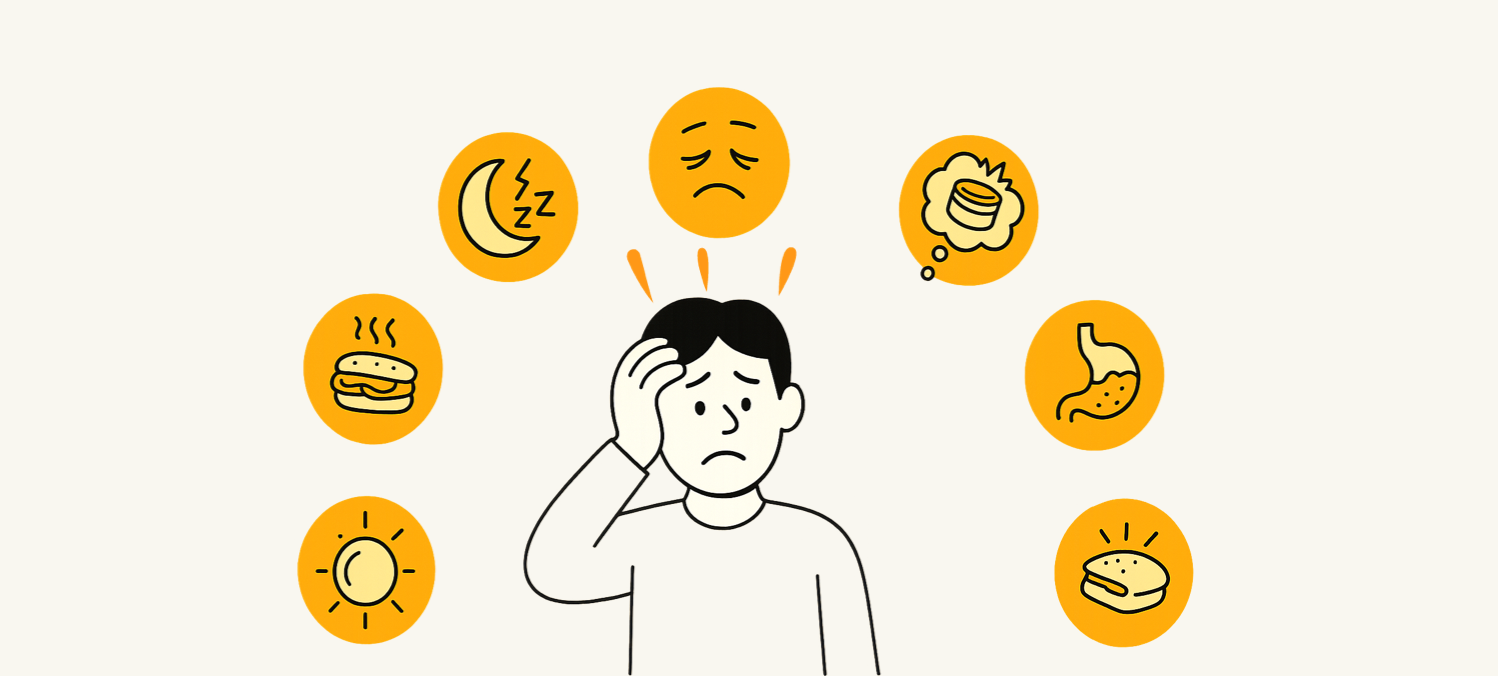
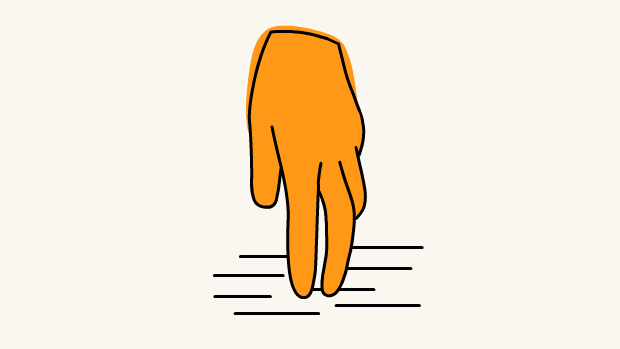
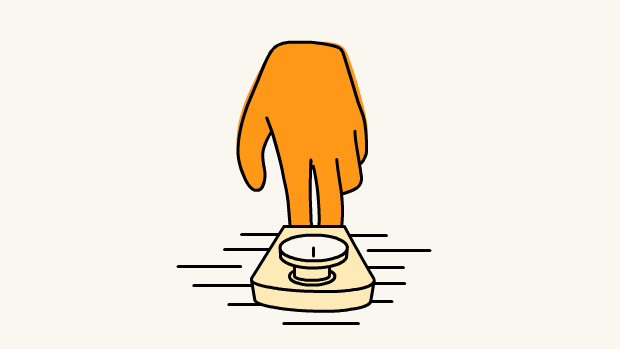
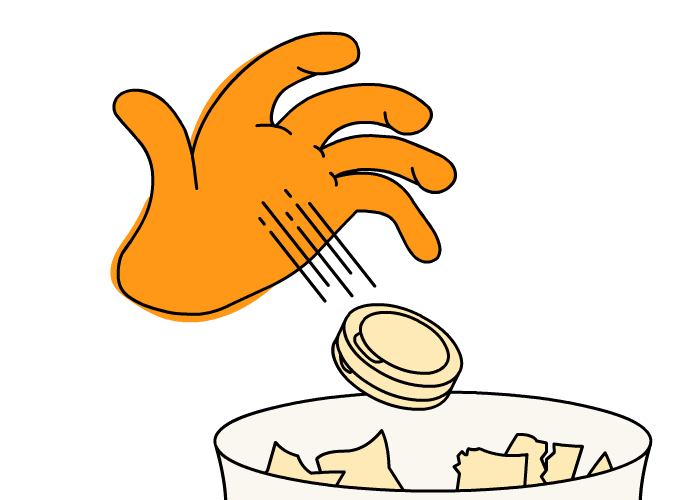
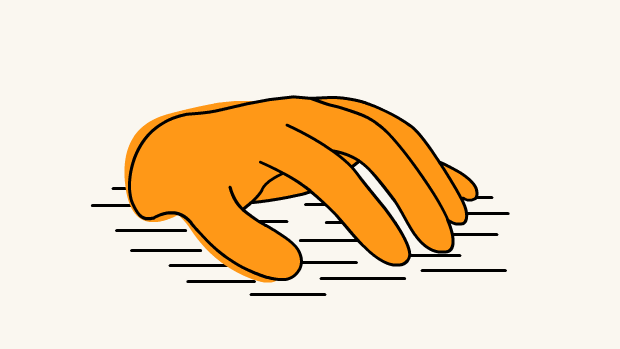

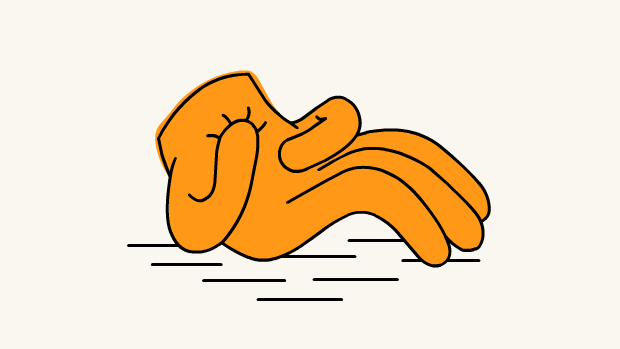
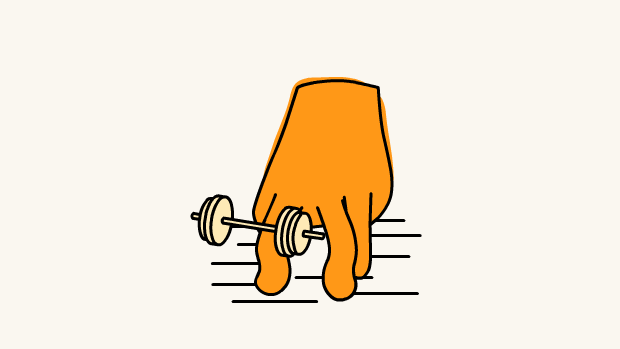
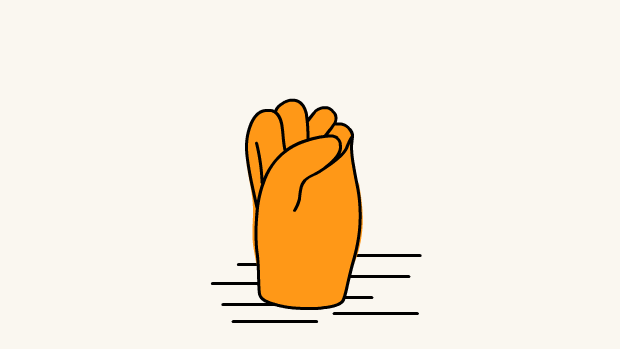
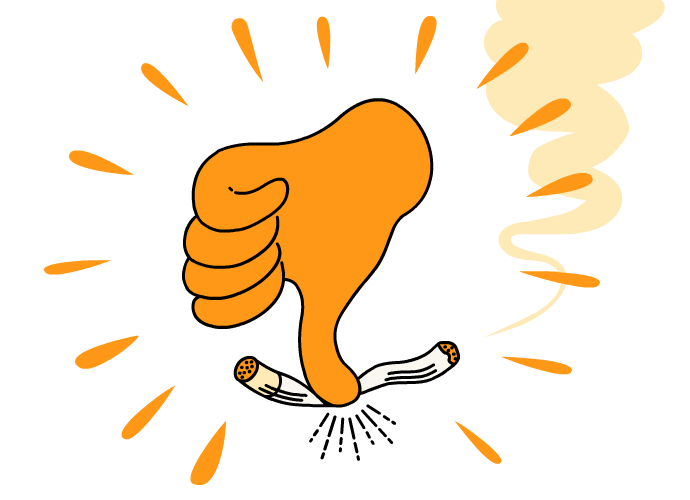
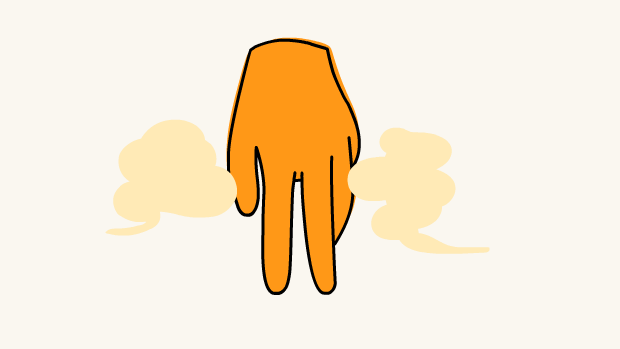

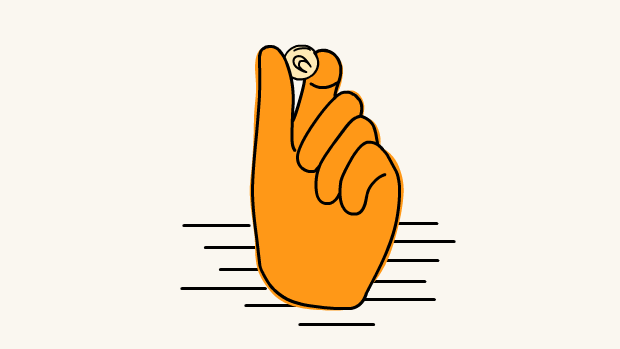

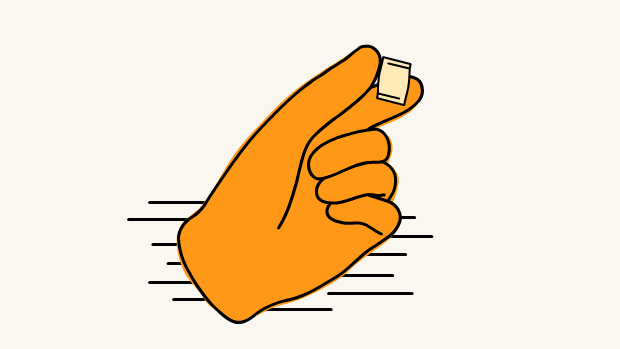
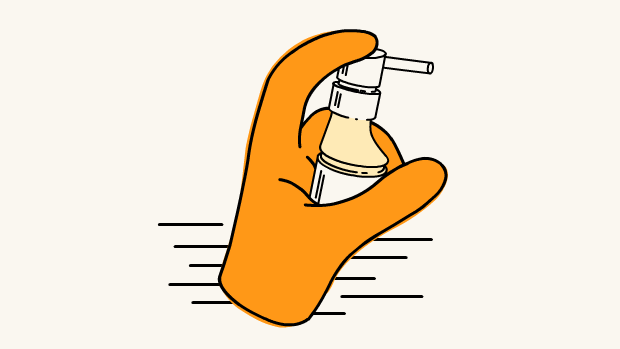
 Apohem
Apohem  Apotea
Apotea  Apotek hjärtat
Apotek hjärtat  Apoteket
Apoteket  Apoteksgruppen
Apoteksgruppen  Kronans apotek
Kronans apotek  Doz apotek
Doz apotek  Meds
Meds